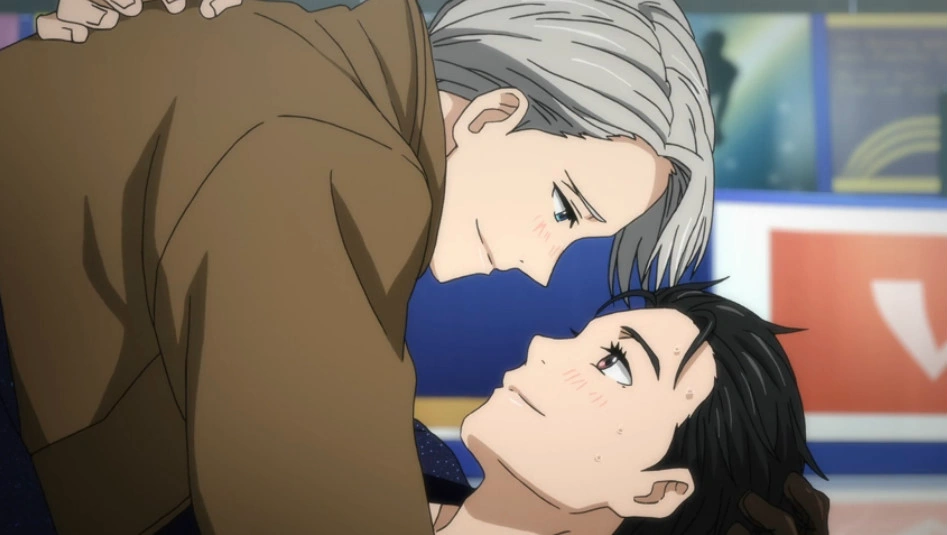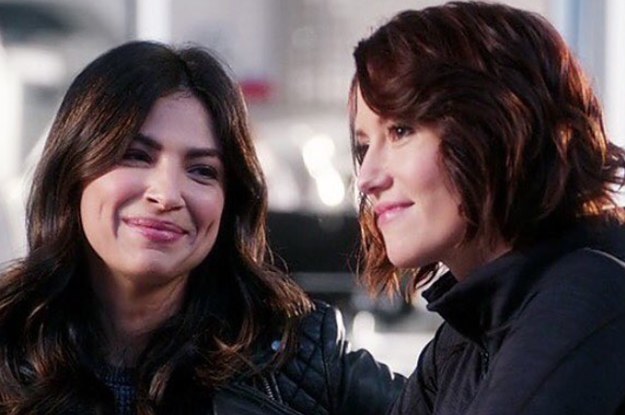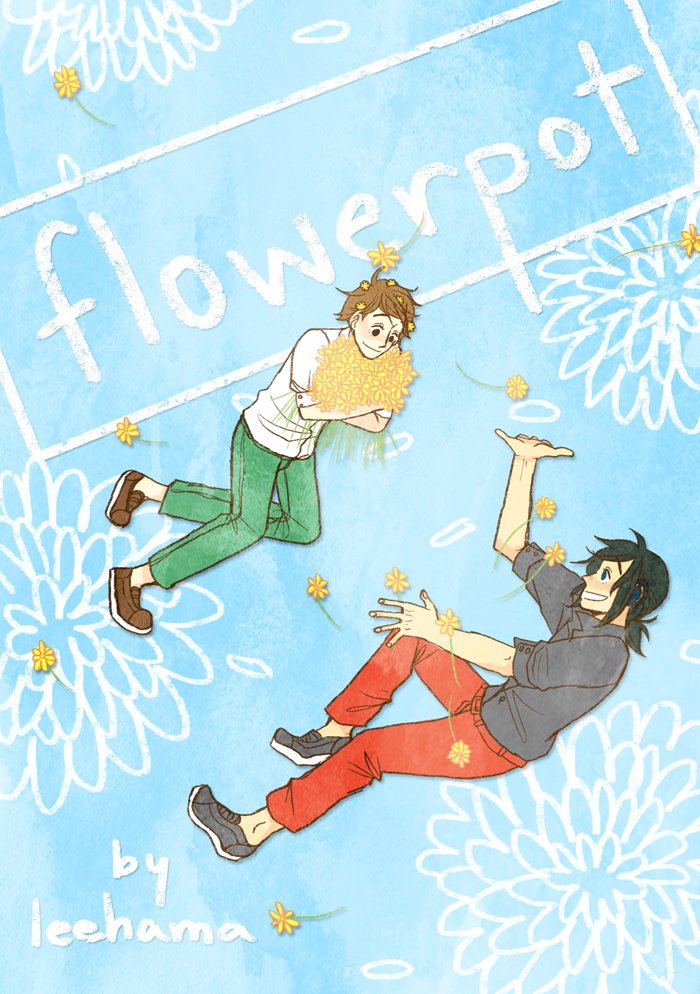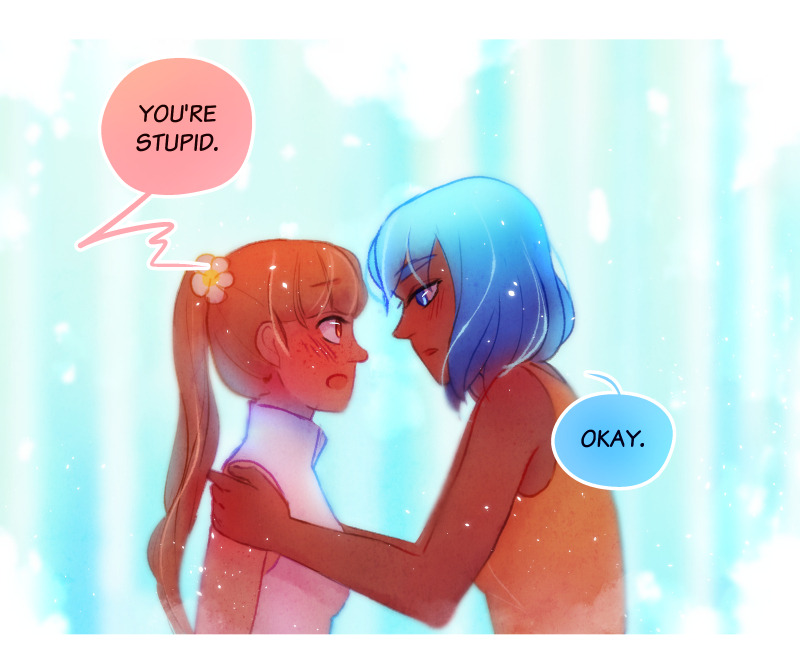"If I should have a daughter, instead of 'Mom,' she's going to call me 'Point B,' because that way she knows that no matter what happens, at least she can always find her way to me."
So begins, well, probably a lot of what's been written about Sarah Kay, a spoken word poet and one of the coolest writers ever yall need to listen to her *coughs* and also her poem "B."
Sarah Kay is a poet. But before you think about dusty books and artistic angst, stop. Sarah Kay is a spoken word poet, drawing out sentences and phrases and puns into the thin air of auditoriums. Though she does have books out, they're composed of poems she's written originally for recitation, so the words are phrases that tumble around the edges of illustrations, not marshalled into anyone's ideas of sentence structure or brevity.
What really gets me about her poems is that you can watch her and see her put her whole body into it. Whether she's pacing around at TED stage or miming Whole Foods workers, you can tell she is speaking from the heart.
Whether she's working with her creative partner Phil Kaye, dipping in and out of perfectly planned unison and rhyme scheme as they discuss how they started writing together; or she's speaking into the middle distance, a hint of sadness in her voice as she talks about where she was on 9/11; or she's reciting love poems that aren't sappy, aren't angsty, just are slices of a life next to someone else: Sarah Kay is magical.
Even if you don't consider yourself a poetry person, I'd encourage you to check out her YouTube performances. Who knows, spoken word might become something you love just as much as she does. She tells us her poetry isn't an angry open letter; instead, it's a love letter to words and performance and loving what you do. It's beautiful to watch.
"When I'm inside writing, all I can think about is how I should be outside, living. When I'm outside living, all I can do is notice all there is to write about. When I read about love, I think, 'I should be out loving.' When I love, I think, 'I need to read more.' I'm stumbling in pursuit of grace." —from "Paradox" by Sarah Kay
Happy listening,
~Citali
So begins, well, probably a lot of what's been written about Sarah Kay, a spoken word poet and one of the coolest writers ever yall need to listen to her *coughs* and also her poem "B."
Sarah Kay is a poet. But before you think about dusty books and artistic angst, stop. Sarah Kay is a spoken word poet, drawing out sentences and phrases and puns into the thin air of auditoriums. Though she does have books out, they're composed of poems she's written originally for recitation, so the words are phrases that tumble around the edges of illustrations, not marshalled into anyone's ideas of sentence structure or brevity.
What really gets me about her poems is that you can watch her and see her put her whole body into it. Whether she's pacing around at TED stage or miming Whole Foods workers, you can tell she is speaking from the heart.
Whether she's working with her creative partner Phil Kaye, dipping in and out of perfectly planned unison and rhyme scheme as they discuss how they started writing together; or she's speaking into the middle distance, a hint of sadness in her voice as she talks about where she was on 9/11; or she's reciting love poems that aren't sappy, aren't angsty, just are slices of a life next to someone else: Sarah Kay is magical.
Even if you don't consider yourself a poetry person, I'd encourage you to check out her YouTube performances. Who knows, spoken word might become something you love just as much as she does. She tells us her poetry isn't an angry open letter; instead, it's a love letter to words and performance and loving what you do. It's beautiful to watch.
"When I'm inside writing, all I can think about is how I should be outside, living. When I'm outside living, all I can do is notice all there is to write about. When I read about love, I think, 'I should be out loving.' When I love, I think, 'I need to read more.' I'm stumbling in pursuit of grace." —from "Paradox" by Sarah Kay
Happy listening,
~Citali














